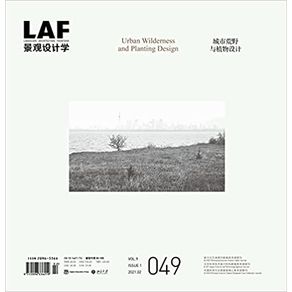There are highly fragmented urban wildernesses remaining and scattering in rapidly urbanized and exceedingly industrialized cities, ranging from crevices along sidewalks to large areas of isolated forests. Although differing in scales with the natural wilderness, urban wildernesses see similar community structures and often offer similar services, with strong vitality and resilience. However, such natural resources are often misunderstood or overlooked as undesirable places and thus, their great ecological, social, economic, and aesthetic values are ignored. Meanwhile, due to constant changes of global and regional ecological environments, lagged design theories and techniques, and limited aesthetic consciousness, urban plantscapes?the most important producer with provisioning and regulating services for both urban wildernesses and constructed ecosystems?are confronting problems such as poor species and structural diversity, high maintenance requirements, and insufficient ecosystem services.
This issue hopes to interpret and display the treasured qualities of urban wildernesses and inspire landscape architects to strike the balance between urban wildernesses and human settlements via ecological planting methods that facilitate natural evolution and ecological flows. Landscape Architecture Frontiers attempts to define an “urban wilderness” and its images, connotations, implications, and resources; explore related techniques to provide full play to its irreplaceable role in providing ecosystem services such as biodiversity conservation; and focus on urban re-wilding practices and ecological planting theories, aiming at well integrating urban wildernesses into the naturally constructed urban ecosystem to enhance the city’s ecological sustainability and resilience.

